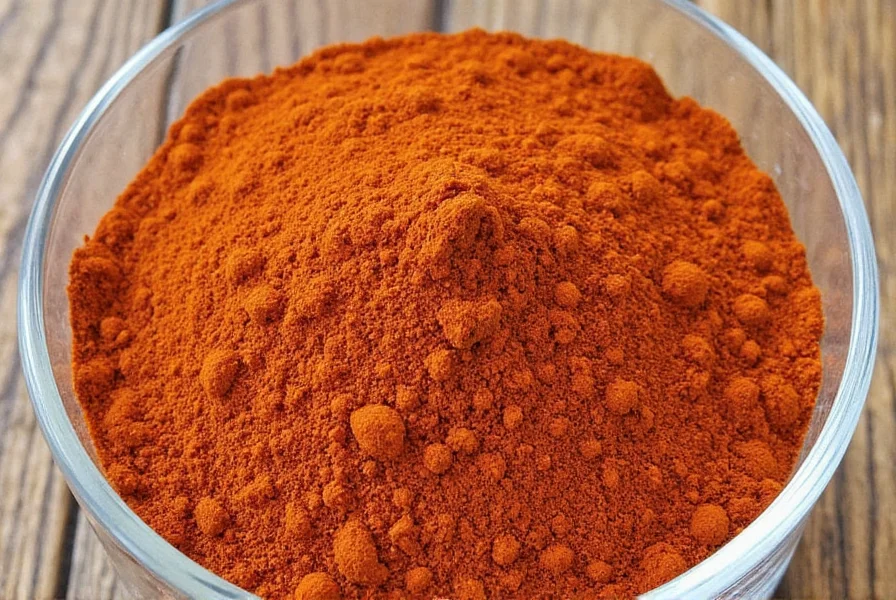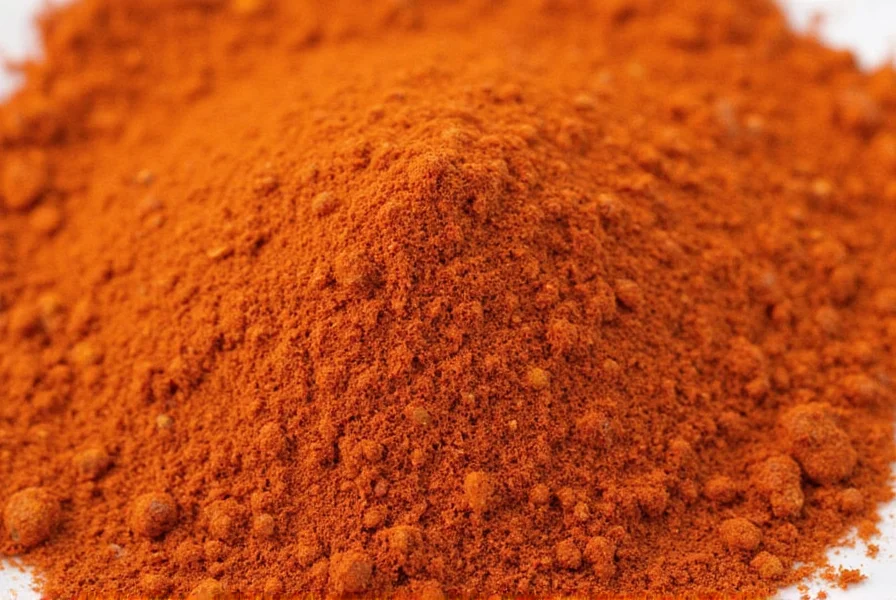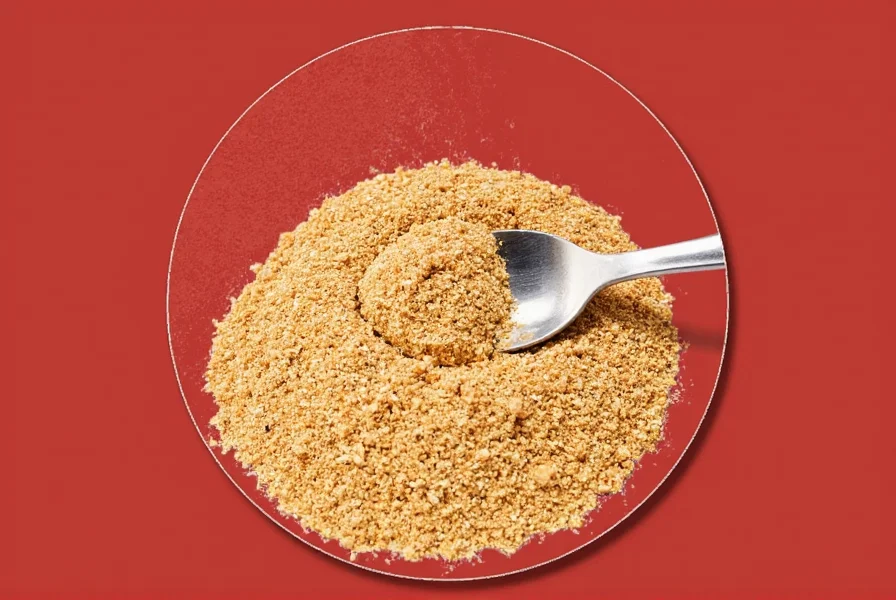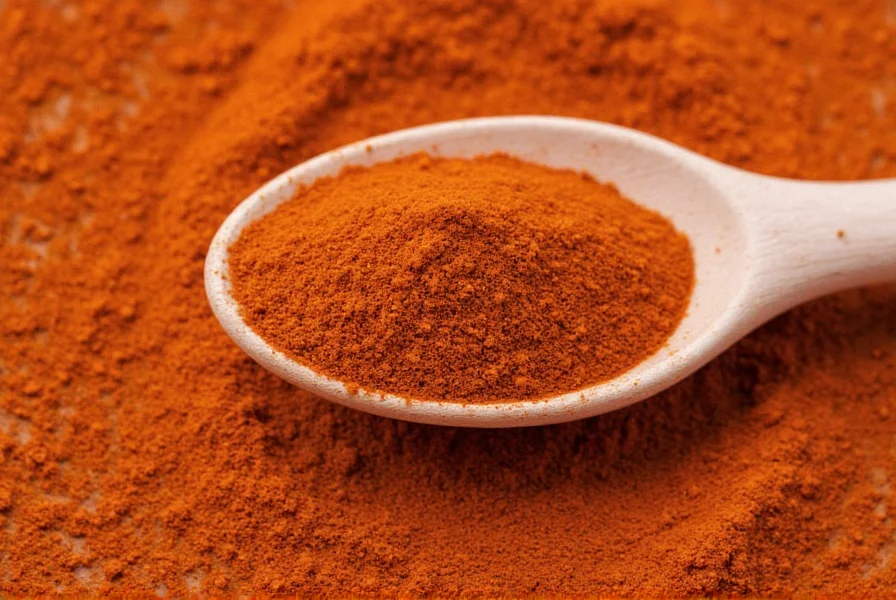Table of Contents
Introduction to Mace Components
Mace is a unique spice derived from the outer layer of nutmeg seeds, and its distinctive flavor comes from specific natural compounds. When searching "what is in mace," the most direct answer is that mace contains five key components that define its character: essential oils, flavonoids, terpenes, antioxidants, and vitamins/minerals. These compounds work together to create mace's warm, aromatic profile and potential health benefits.
What Is in Mace? The Science Behind Its Flavor
Understanding what is in mace requires examining its core components. Here's a detailed breakdown of the five essential elements:
| Component | Role in Mace | Key Functions |
|---|---|---|
| Essential Oils (Myristicin, Elemicin) | Primary flavor carriers | Provide warm, spicy notes; create distinctive aroma; contribute to digestive benefits |
| Flavonoids | Natural antioxidants | Combat oxidative stress; support anti-inflammatory properties; enhance overall health benefits |
| Terpenes | Aromatic compounds | Deliver citrusy and floral notes; enhance complexity of flavor profile; contribute to scent |
| Antioxidants | Protective compounds | Reduce cellular damage; support immune function; extend shelf life of the spice |
| Vitamins & Minerals (B6, Iron, Magnesium, Calcium) | Nutritional elements | Support metabolic functions; contribute to bone health; aid in energy production |
Each component plays a specific role: essential oils create mace's signature warmth, flavonoids and antioxidants provide health benefits, terpenes add aromatic depth, and vitamins/minerals offer subtle nutritional value. This precise combination makes mace distinct from nutmeg and other spices.

The Flavor Profile of Mace
Mace's unique taste comes directly from its component composition. Here's how the science translates to sensory experience:
| Flavor Component | Description | Scientific Basis |
|---|---|---|
| Warm | Similar to nutmeg but more delicate | Myristicin in essential oils creates gentle heat without overpowering intensity |
| Spicy | Subtle heat that enhances complexity | Terpenes activate taste receptors for mild spiciness |
| Aromatic | Cinnamon-clove blend with floral notes | Elemicin and specific terpenes create layered scent profile |
| Sweet | Subtle natural sweetness | Flavonoids interact with taste buds to enhance perceived sweetness |
This scientific foundation explains why mace is preferred in light-colored dishes where nutmeg might darken the appearance. The precise balance of components makes it versatile for both savory and sweet applications.
Cooking with Mace: Tips and Tricks
Understanding what is in mace helps optimize its use in recipes. Here's how to leverage its components:
- Use it in Baking: The flavonoids and antioxidants in mace pair beautifully with apples and pumpkin, while essential oils enhance fall flavors without overpowering. Add 1/4 teaspoon per cup of flour for optimal flavor balance.
- Add it to Soups and Stews: Terpenes release fully in liquid-based dishes, creating depth in tomato-based soups. Add whole mace blades during cooking and remove before serving.
- Pair it with Dairy: Essential oils interact perfectly with fats in cheese and cream, making mace ideal for risottos and creamy sauces. Use ground mace for even distribution.
- Try it in Beverages: The aromatic compounds in mace enhance hot chocolate and mulled wine. Start with 1/8 teaspoon per serving to avoid overwhelming sweetness.
Remember: Mace's components are potent. For ground mace, use 1/2 teaspoon per recipe as a starting point. Whole mace blades release flavor more slowly, making them ideal for infusions.

Buying Guide for Mace
Choosing quality mace depends on preserving its key components. Here's how to select the best:
Types of Mace
- Whole Mace: Preserves essential oils and terpenes longer. Ideal for infusing broths or syrups where components slowly release.
- Ground Mace: Convenient for baking where components need immediate distribution. Loses potency faster due to increased surface area exposure.
Where to Buy
Specialty spice shops and reputable online retailers like MaceMaster or SpiceCraft prioritize freshness to maintain component integrity. Avoid bulk bins where exposure to air degrades volatile oils.
Key Features to Look For
| Feature | Why It Matters for Components |
|---|---|
| Freshness (Packaging Date) | Essential oils degrade quickly; fresh mace has stronger aroma and better flavor retention |
| Purity (100% Mace) | Fillers dilute active compounds; pure mace maintains component balance |
| Source (Indonesia/Sri Lanka) | Optimal growing conditions preserve terpene and flavonoid levels |
Best Uses for Different Forms
| Form | Best Use | Component Preservation |
|---|---|---|
| Whole Mace | Infusing broths, syrups, and custards | Slower release preserves delicate terpenes |
| Ground Mace | Baking, seasoning meats, and enhancing sauces | Immediate distribution of essential oils for even flavor |
Frequently Asked Questions About Mace
What is mace made from?
Mace is made from the lacy, reddish outer covering (aril) that surrounds the nutmeg seed. After harvesting, this delicate membrane is carefully removed and dried, turning from bright red to pale yellow or amber when processed. Unlike nutmeg, which is the actual seed inside, mace comes from this outer layer, making it somewhat rarer and often more expensive than its counterpart.
What are the main components found in mace?
The primary components in mace include essential oils (particularly myristicin and elemicin), flavonoids, terpenes, antioxidants, and trace vitamins/minerals (B6, iron, magnesium, calcium). These compounds work together to create mace's distinctive flavor profile and provide various health benefits, including anti-inflammatory properties and potential digestive support.
How is mace different from nutmeg?
While both come from the same fruit, mace and nutmeg have distinct differences. Mace has a more delicate, slightly citrusy flavor with floral notes, while nutmeg is stronger and more pungent. Mace tends to be about 10 times more expensive than nutmeg because only a small amount is produced from each fruit. Visually, mace appears as thin, irregular pieces of dried membrane, while nutmeg is the hard, oval seed inside. In cooking, mace is often preferred in lighter-colored dishes where its golden hue won't darken the appearance.
What gives mace its distinctive flavor?
Mace's unique flavor comes primarily from its complex blend of essential oils, especially myristicin and elemicin. These compounds create its characteristic warm, slightly sweet, and mildly spicy profile with subtle citrus and floral notes. The terpenes in mace contribute to its aromatic qualities, while the flavonoids provide depth and complexity. When properly stored and used fresh, mace offers a more nuanced flavor than nutmeg with less intensity but greater complexity.
What are the health benefits of mace?
Mace offers several potential health benefits due to its rich composition. It contains powerful antioxidants that help combat oxidative stress and inflammation. The essential oils in mace may support digestive health by stimulating enzyme production and reducing bloating. Some studies suggest mace may have antimicrobial properties and could potentially support brain health. Additionally, mace contains trace minerals that contribute to bone health and metabolic function. As with any spice, these benefits are best realized when mace is used as part of a balanced diet.
How should I store mace to keep it fresh?
To maintain mace's flavor and potency, store it properly based on its form. Whole mace blades should be kept in an airtight container in a cool, dark place, where they'll stay fresh for up to 2 years. Ground mace loses potency more quickly and should be used within 6-12 months. For maximum shelf life, consider storing mace away from heat sources and direct sunlight. You can also freeze whole mace blades in an airtight container for extended storage. Always check for strong aroma before use - if mace has lost its scent, it has likely lost much of its flavor.
Can I substitute nutmeg for mace in recipes?
Yes, nutmeg can substitute for mace and vice versa, but with some considerations. Generally, use ⅔ teaspoon of ground nutmeg for every 1 teaspoon of ground mace called for in a recipe, as nutmeg has a stronger flavor. Keep in mind that mace has a more delicate, slightly citrusy profile while nutmeg is more robust and earthy. In light-colored dishes like béchamel sauce or white cakes, mace is preferred as it won't discolor the dish like nutmeg might. For the best results, adjust based on your taste preferences and the specific dish you're preparing.
Conclusion
Understanding what is in mace reveals why this spice deserves attention beyond its more famous cousin nutmeg. Its five key components—essential oils, flavonoids, terpenes, antioxidants, and vitamins/minerals—create a unique flavor profile that's both complex and versatile. From its scientific composition to culinary applications, mace offers a sophisticated option for elevating dishes while providing potential health benefits.
Whether you're a home cook or professional chef, knowing the science behind mace's components helps you use it effectively. Next time you're shopping for spices, prioritize quality mace to experience its true potential. Your palate (and health) will thank you.












 浙公网安备
33010002000092号
浙公网安备
33010002000092号 浙B2-20120091-4
浙B2-20120091-4